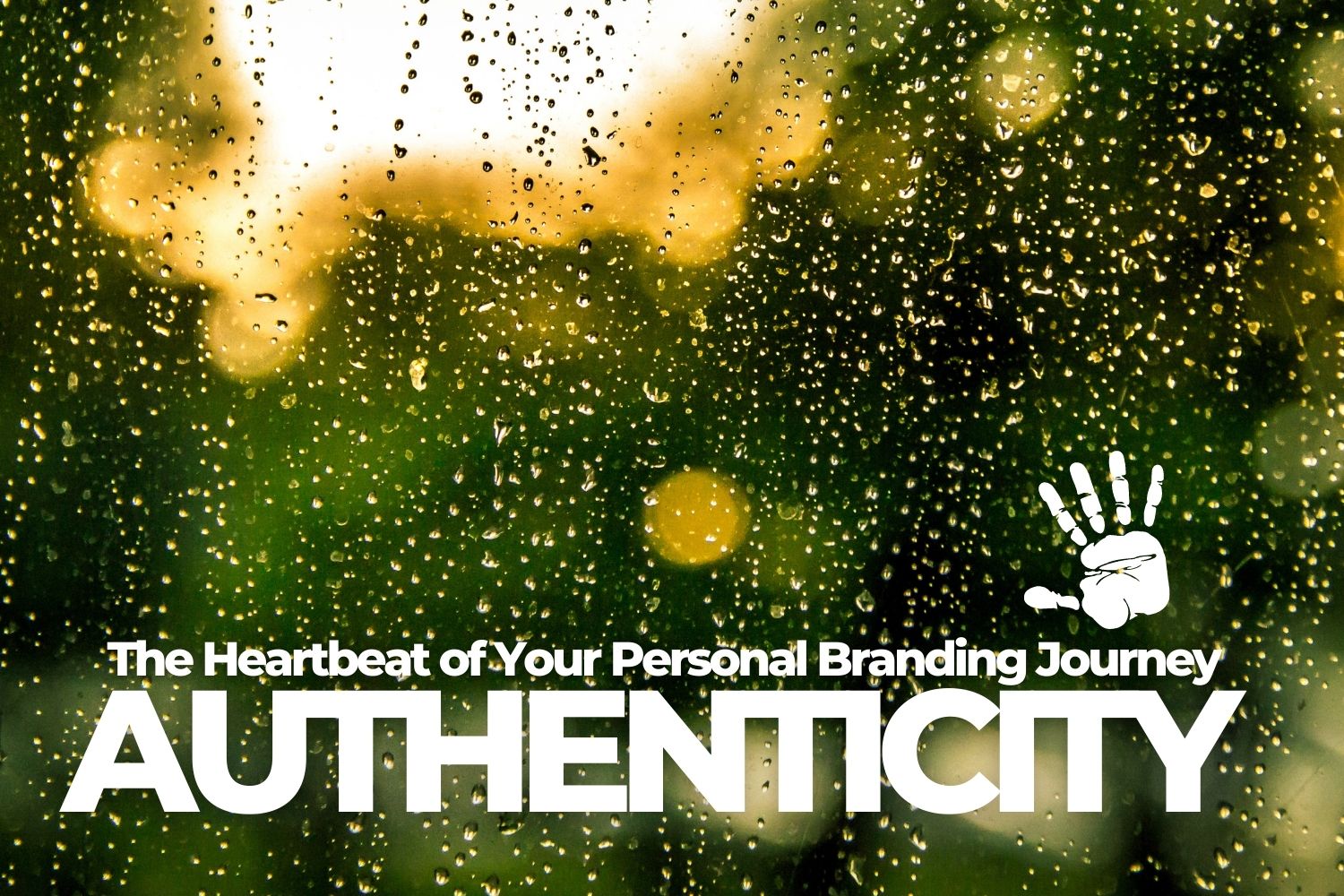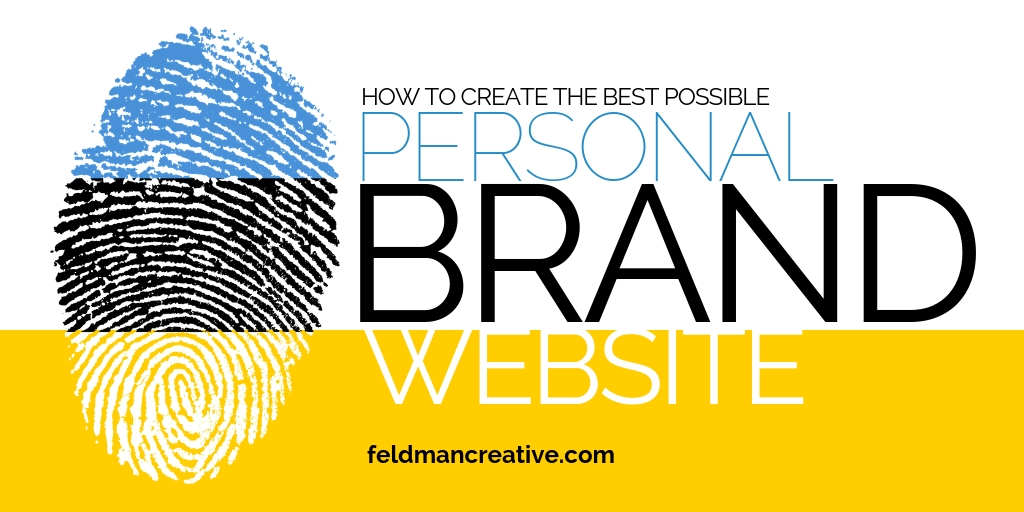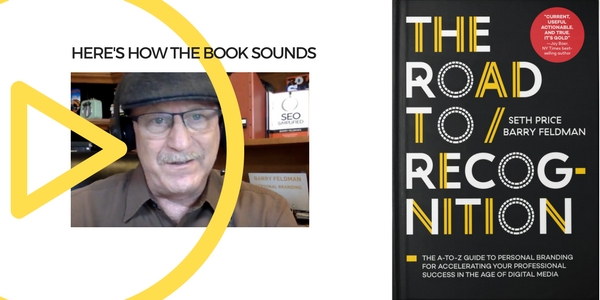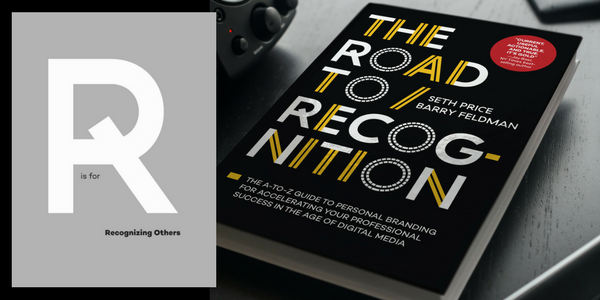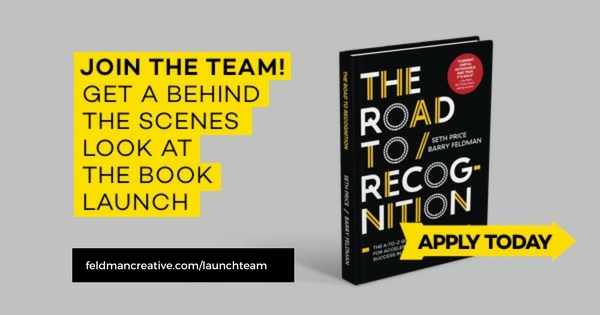Your brand’s about the real you. Anything other than the real you won’t do. Let’s look at how to build your personal brand on your true strengths.
You might think buying a book (or reading articles like this) about personal branding is the first step in your personal branding journey. Think again. You already have a personal brand. Let’s not pretend you’re about to create it. The best you can do is develop it, ideally, with purpose and passion.
If personal branding is a road to recognition, your challenge is to steer.
If personal branding is a road to recognition, your challenge is to steer. Share on X“Brand” is a tricky thing to describe. In the classic marketing world, most companies try hard to define their brand when, in reality, the market, or more specifically the audience, defines it.
We can dive deep into defining a brand but we’ll start with the basics. A brand is:
- The impression formed when the brand’s name is read or said
- The sum of the experiences a person has had with the brand
- Reputation
- How people describe the brand (not how the company, or person, describes him or herself)
All of the above applies to your personal brand. You don’t “spin” your personal brand. You live it. It’s what’s true about you.
When you achieve success with your personal brand, people recognize you as a specialist. For example:
AJ specializes in helping entrepreneurs use marketing automation to sell information products online.
BJ is a life coach who works one-on-one with CEOs to help them avoid burnout and depression from workaholism.
CJ is a consultant who works with members of family businesses to advance generational success by working with them on legacy family planning.
Bring who you are to what you do
Who are you? The core of your personal brand is the person you are, the things you believe in, and the gifts you aim to share. Though many of the platforms you’ll use to develop your personal brand will be digital, in personal branding there’s no virtual reality.
Authenticity is your key to:
- Build a trusted identity
- Elevate and substantiate your brand in a competitive market
- Set expectations
- Be easier to understand and relate to
- Encourage engagement with like-minded individuals
- Turn audiences into advocates.
At its core, being authentic means staying true to who you are, what you do, and those you serve. I’m not talking about sharing every thought you’ve ever had but, rather, connecting with people on a human level, as you would with someone you care about.
Let’s face it: trust is a valuable but rare commodity. Marketing—the action or business of promoting and selling products or services—generally poses a threat to authenticity and thus, trust. Marketing encourages us to be cynical.
Be true. Be able to say with confidence you are being real, consistent, accountable, thoughtful, and honest. It’ll feel right.
“A strong personal brand goes beyond what’s seen and said on the surface to a deeply authentic expression of values, purpose, and contribution—all backed up by action.”
Karen Leland, author of The Brand Mapping Strategy
Nurture your authenticity
You are unique. However, you don’t need to be unique to be authentic. The definition of authentic is, in a word, “genuine.”
Authenticity isn’t quite like many of the skills I plan to share with you on your branding journey, which can be taught. However, it’s something you need to examine and nurture. The process begins by identifying your skills, strengths, talents, values, and passions.
Here are some practical ideas:
Identify authentic people in your niche
Look at role models in your niche. Dig into the content they publish. Why does it resonate with you? What do they do to earn your trust?
Tune into what people say about you
Your friends, family, and mentors can help get you in touch with your authentic self. Get input from them. How do they perceive you? How do they describe you? What strengths of yours do they acknowledge?
Scope your skills
Attempt to identify and document your essential skills. Which do you most enjoy using? Which apply best to your career goals? Make a list of five or more.
Buck conformity
Public enemy number one in personal branding is fear. A fear of being different compels people to conform. Buck it. Let your opinion be known. Set your personality free.
Re-examine your content
As you read more from me on personal branding, you’re going to begin learning how the things you write and the content you create are expressions of your brand. Don’t edit yourself out of it. Infuse your personality into all your communications.
Be clear about your mission
Share it with gusto but take care to make only promises you know you can keep. Practice what you preach.
Be consistent
Each and every conversation—online and off— is an opportunity to demonstrate your values. Align everything around them and send a consistent message.
Let authenticity be your compass
On your personal branding journey, you will discover many tips, tactics, and strategies to strengthen your personal brand. Let authenticity help you navigate and develop a brand you believe in.
When you know what the key message of your brand is and what your brand promises to its customers and prospects, it is easy for you to bring this message to the world with a great deal of confidence, no matter what media you are using.
Kim Garst, author of Will the Real You Please Stand Up
Are you feeling good about what the real you has to offer? Going forward, we’ll explore how you’re going to share it.

